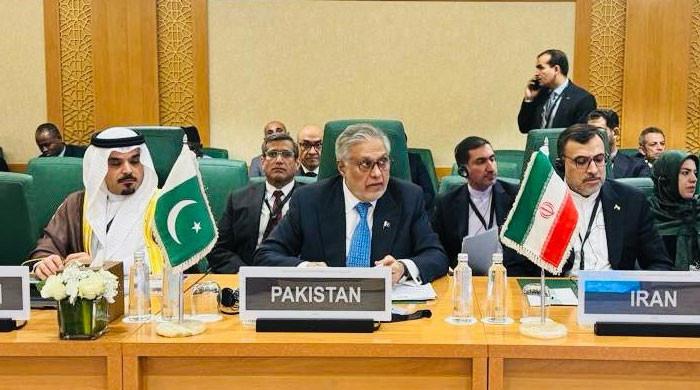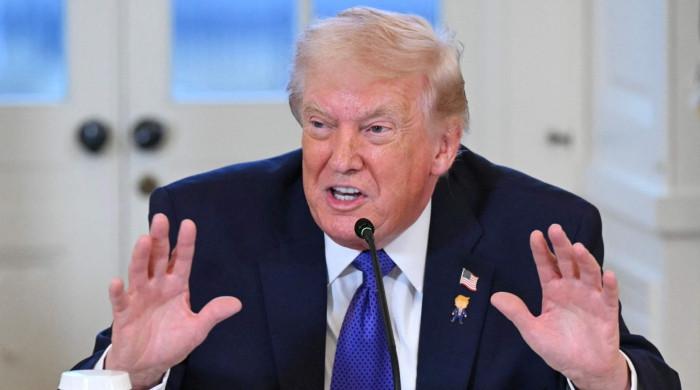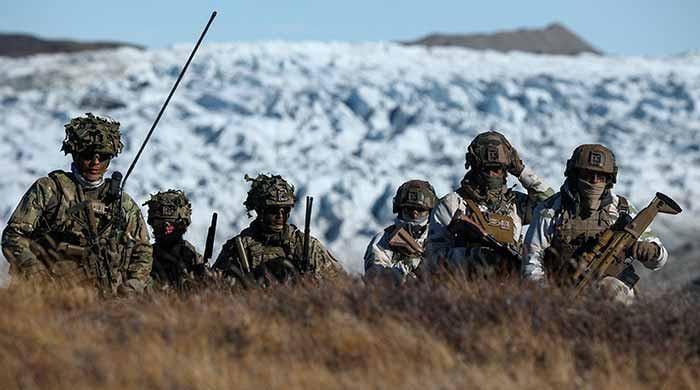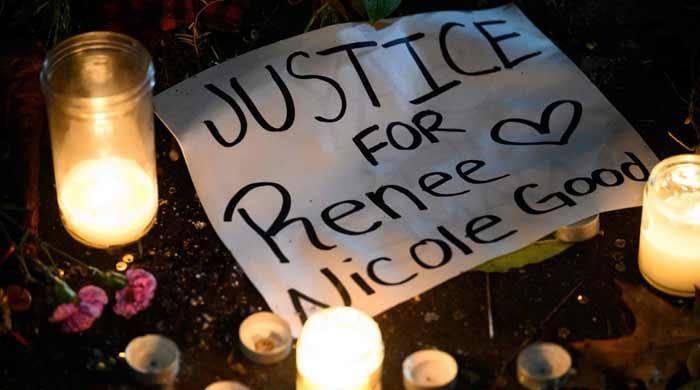£20 billion cost to UK if India-Pakistan fight on Kashmir
Britain’s former ambassador to UN says the international community has a strong interest in helping to resolve the Kashmir crisis
November 15, 2019
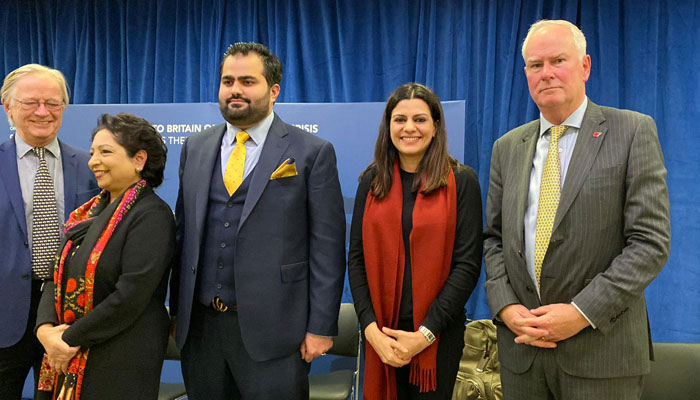
LONDON: Britain’s former ambassador to the United Nations and National Security Adviser to two prime ministers has warned that the international community has a strong interest in helping to resolve the Kashmir crisis or else play a big price in the future.
Writing in the Forbes, Sir Mark Lyall Grant, who was national security advisor to prime ministers David Cameron and Theresa May, said that Britain has a particular responsibility to resolve the issue of occupied Kashmir because Britain, at the time of partition in 1947, left in haste and failed to tackle the well-known differences over Kashmir, thus creating an explosive bone of contention between India and Pakistan that has plagued the region ever since.
“After 72 years of bitter dispute, punctuated by three wars and many skirmishes between India and Pakistan (both now nuclear weapon powers), innumerable acts of terrorism and rising human rights abuses, the time has come for a serious effort to resolve the half-forgotten Kashmir crisis. The international community, led by the US and UK, needs to play a role in this effort," he wrote.
Grant continued, “Indian Prime Minister Narendra Modi’s decree stripping Jammu and Kashmir of its special status took formal effect this month, with the territory being split in two, both territories directly administered from Delhi. Hundreds of thousands of Indian troops are trying to keep the peace, as political leaders are detained, internet services cut and local movement restricted.”
Grant had expressed similar thoughts at the seminar on Kashmir sponsored by Abdurrehman Chinoy at the think-tank Chatham House last week. Sir Grant, jack Straw, Dr Maleeha Lodhi, Nidhi Razdan and Jack Straw had spoken at the event.
He further said there was a real risk that Kashmir conflict could trigger military conflict between the two nuclear weapon states. He gave examples of how India and Pakistan have come close to an all out war in the last 18 years, twice.
He wrote that both Pakistan and India have played a big price over Kashmir conflict and the wider international community is also affected. He warned of the threat of extremism rise in the UK as a result of what has happened in Kashmir. India’s latest action is bound to increase the levels of disaffection and extremism in the majority Muslim population of Kashmir. That in turn risks increased radicalisation of Kashmiri populations in the West. In the UK, around 60 per cent of the 1.5 million British nationals of Pakistan origin come from the Mirpur area of Pakistan controlled Kashmir, and so are deeply affected by what happens in Kashmir. So, there could be national security implications for the UK.”
He added, “There are potentially financial costs too. After the military stand-off in 2001/2, the British government estimated that a nuclear conflict between India and Pakistan could cost the UK up to £20 billion, as a result of the threat to British nationals in the region, increased migration pressures, lost business opportunities and humanitarian and reconstruction costs. More widely, the Kashmir crisis is a threat to the authority of the UN and the rules-based international system, at a time when that system is already threatened by e.g. Russia’s annexation of Crimea and China’s militarisation of the South China Sea.”
Grant quoted the conference organiser Abdurrehman Chinoy, the conference organiser, as saying, “The South Asian community in the UK is very dynamic and generally tolerant towards each other. It can also influence policy and ideas back home in India and Pakistan. We need now a dialogue to finally resolve the Kashmir issue, so that the communities can continue to live peacefully alongside each other outside the sub-continent.”
“For all these reasons, I believe that the international community has a strong interest in helping to resolve the Kashmir crisis. The UK has a particular responsibility – when the British partitioned India in 1947, in their haste to leave the subcontinent, they failed to tackle the well-known differences over Kashmir, thus creating an explosive bone of contention between India and Pakistan that has plagued the region ever since,” he added.




